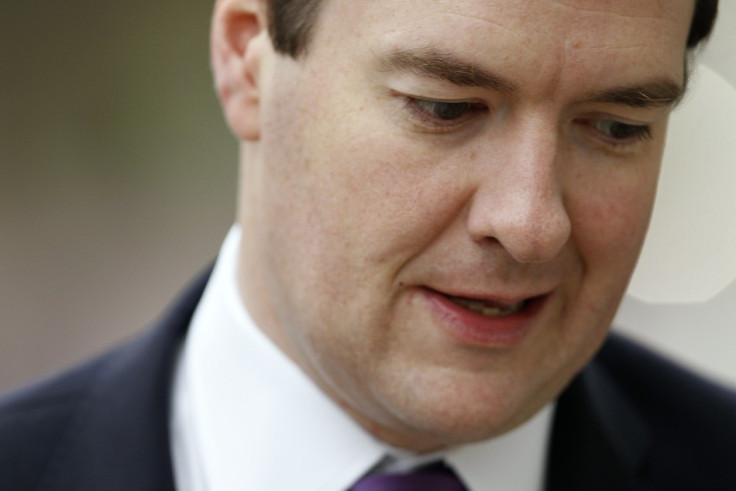George Osborne Tells Davos: I'll Control Bank of England in Crisis

The Bank of England will lose its independence and take direction from the chancellor in times of economic crisis under new government proposals.
There are already powers in place for this to happen under a 1946 law, although it has never been invoked and is seen as the absolute last resort.
Under George Osborne's proposed legislation there is clear authority given to the chancellor to command the usually independent Bank of England when taxpayers' cash is under threat.
The chancellor announced the Financial Services Bill at Davos. "During normal times the independent Bank of England will be responsible for prudential regulation and systemic stability, accountable to parliament," he told world leaders attending the World Economic Forum.
"But in a crisis, when taxpayers' money is at risk, both the responsibility and, crucially, the power to act will rest with the chancellor of the day.
"Independent central banks should not be put under pressure to do what governments do not have the courage to do on their own account."
In 1997 the Bank of England was given independence from the state by the then Labour government.
During the 2008 financial crisis when building society Northern Rock was going under, the Bank of England refused to add liquidity to enable it to continue functioning, despite the wish of then chancellor Alistair Darling.
Darling, after deciding not to invoke the 1946 law, instead nationalised Northern Rock when no buyer could be found.
© Copyright IBTimes 2024. All rights reserved.






